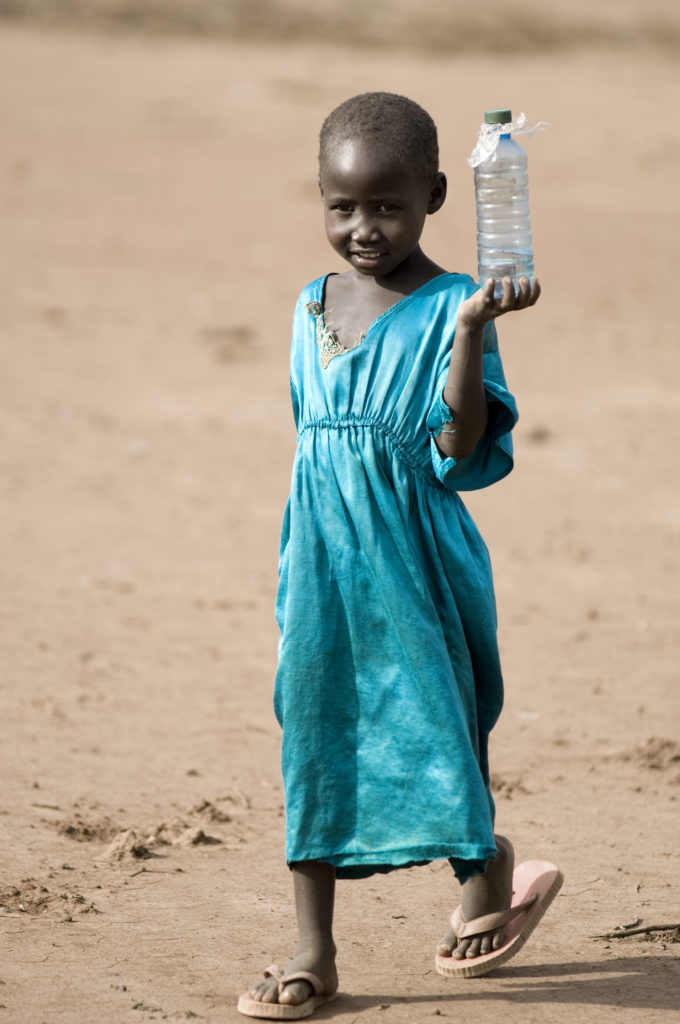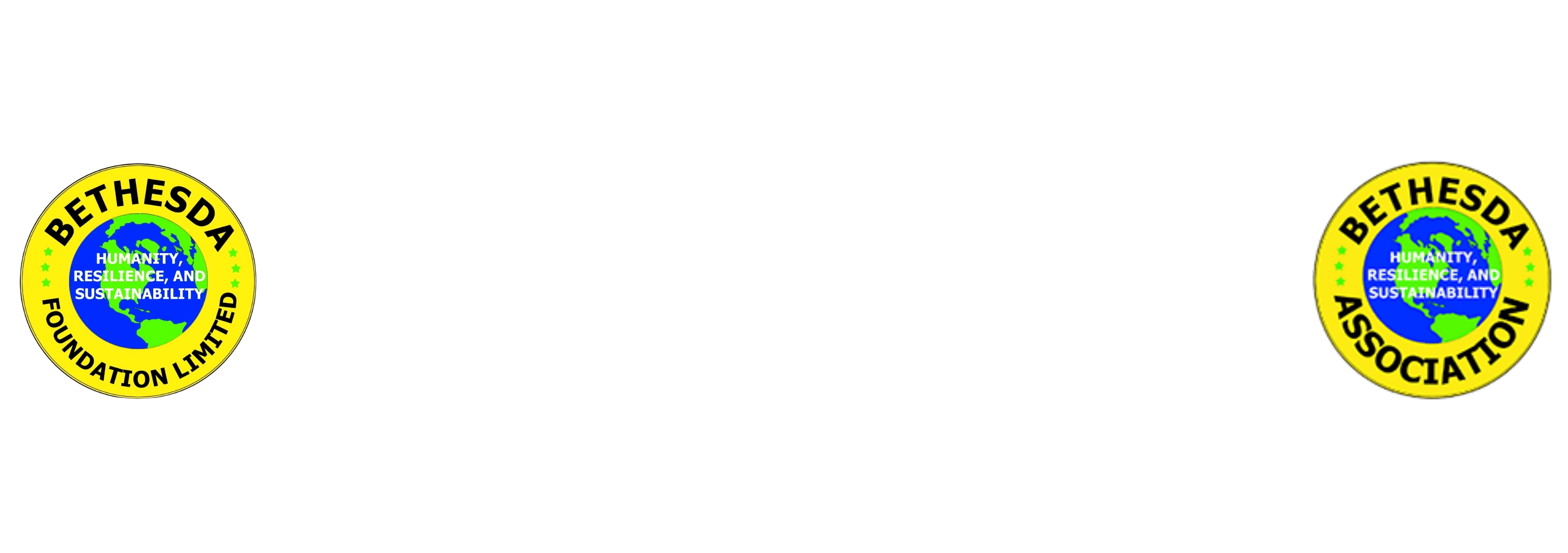Info@Bethesda-group.com
THE CRISIS WE SEE
Despite these positive developments, there are still an estimated 650 million people living on less than 2.15 U.S. dollars a day. In some countries, mainly in Sub-Saharan Africa, millions do not have enough income to feed their families.
Whether it’s a drink of water or a working toilet, water and sanitation are basic needs we often take for granted. But globally, 1 in 4 people doesn’t have access to safe drinking water, and nearly 1 in 2 people doesn’t have a decent toilet. This is the problem we’re facing head-on.
How CLIMATE CHANGE/ CLIMATE VARIABILITY IMPACTS AFRICA
We’re seeing climate change/climate variability effects already in Camerron and Uganda
Slow-onset climate change impacts, like water scarcity, lower crop and ecosystem productivity, sea level rise, and storm surges will increasingly cause people to migrate. Some places will become less livable because of heat stress, extreme weather events, and landslides while other areas may become more attractive as a consequence of climate-induced changes, like increased rainfall and moderate temperatures. Unattended, these climatic shifts will not only lead to climate-induced migration, potentially deepening existing vulnerabilities and leading to increased poverty, fragility, conflict, and violence

Africa's mountain glaciers are shrinking faster than the global average - and could mean total deglaciation by the 2040s, with Mount Kenya's glaciers disappearing a decade earlier.
"By 2030, it is estimated that up to 118 million extremely poor people will be exposed to drought, floods and extreme heat in Africa, if adequate response measures are not put in place. This will place additional burdens on poverty alleviation efforts and significantly hamper growth in prosperity."
Poor education hasn't changed.
Grow your Kids
Time lost from fetching water or being sick from waterborne diseases keeps many children out of school. Lack of proper academic facilities keeps kids being able to advance their education, cycles of poverty often continue generation after generation.
Poverty in : Africa a Complex Challenge
Multiple factors are linked to increased poverty. Regions with critical situations of employment, education, health, nutrition, war, and conflict usually have larger poor populations. Consequently, poverty tends to be more prevalent in least-developed and developing countries worldwide. For similar reasons, rural households also face higher poverty levels. In 2022, the extreme poverty rate in Africa stood at around 50 percent among the rural population, compared to 10 percent in urban areas. Together with poverty, malnutrition is also widespread in Africa. Limited access to food leads to low health conditions, increasing the poverty risk. At the same time, poverty can determine inadequate nutrition. Almost 40 percent of the global undernourished population lived in Africa in 2020

care
Poverty in Africa is a complex and multidimensional phenomenon that affects millions of people.
BREAKING THE CYCLE OF POVERTY
Poverty is caused by various factors, such as corruption, conflict, disease, climate change, and lack of infrastructure and opportunities.
The Bethesda Group, with its unwavering dedication and strategic initiatives, is transforming lives and communities in West and Central Africa. By adopting holistic approaches, advocating for policy changes, and fostering community engagement, this organization is playing a pivotal role in breaking the cycle of poverty. As The Bethesda Group continues its efforts, the ultimate aim is to create sustainable, positive change that uplifts individuals and entire communities, offering hope and a brighter future.

